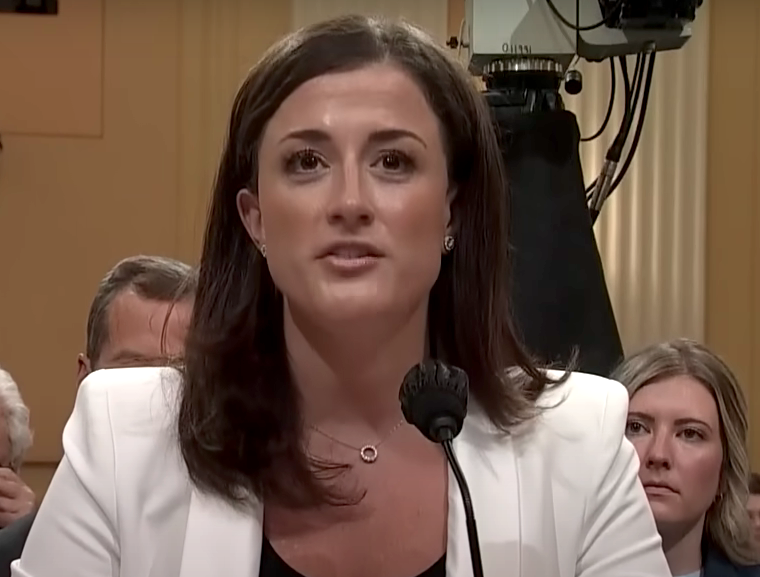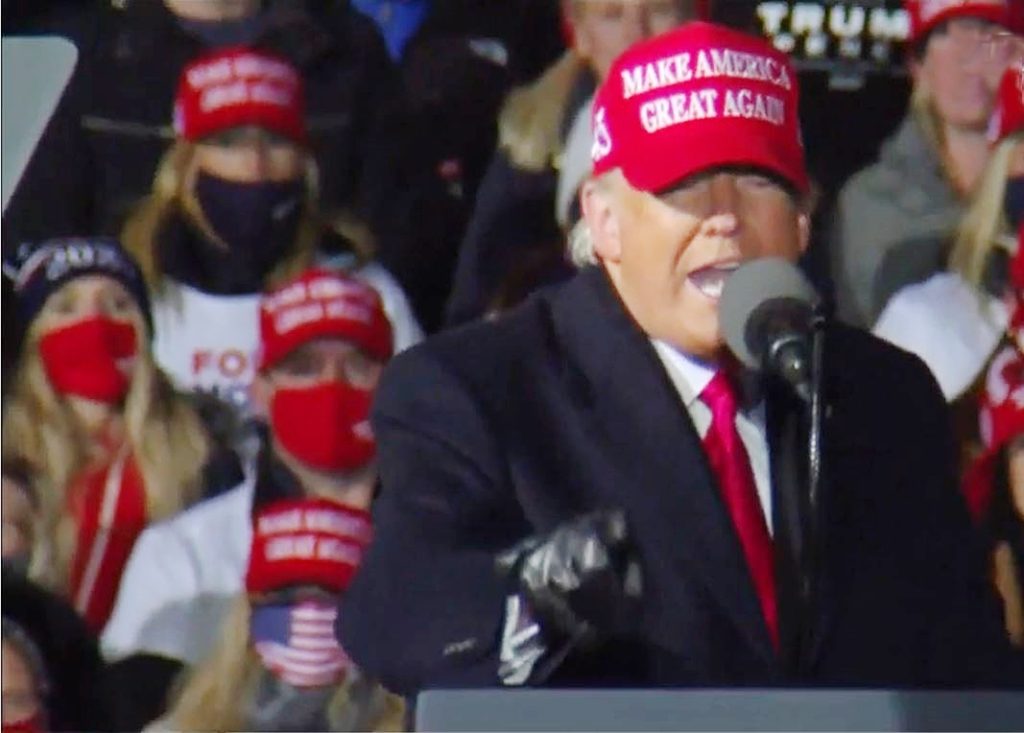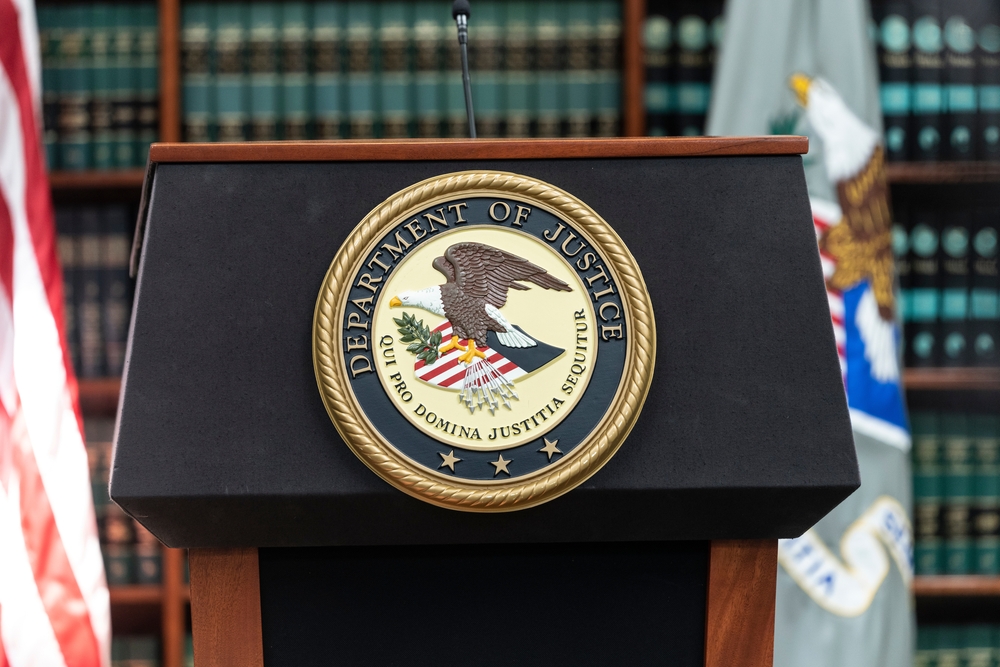The writer, an FBI agent for 31 years, retired as resident agent in charge of the Ann Arbor office in 2006. He is the author of “FBI Case Files Michigan: Tales of a G-Man.”
By Greg Stejskal
During my FBI career, I was involved in the investigation and prosecution of many criminal conspiracies. It was often a challenge to find witnesses with direct knowledge of the machinations of the conspiracy.
Sometimes witnesses were people within the conspiracy, co-conspirators. They might be people who were recruited for the conspiracy but chose not to participate or they dropped out before the conspiracy came to fruition. And sometimes it was people on the periphery with some knowledge of the conspiracy.
As prosecutors say, conspiracies hatched in hell can’t have angels for witnesses. Most of the time, these potential witnesses weren’t the most upstanding or credible people. So we had to figure out ways to corroborate their testimony.
If the criminal activity were ongoing, we could try to have the witnesses record conversations with the conspirators or obtain written or digital communications like texts or emails. In trial, we knew they would be subject to very aggressive cross examination.
In the case of the multi-faceted “Big Lie” conspiracy, it wasn’t hatched in hell. It was hatched in large part in the West Wing of the White House. One of the seemingly big obstacles to determine whether this conspiracy was criminal was to show whether the conspirators had criminal intent. Did they believe that Trump had actually won the election, and did they intend to interfere with the Congressional certification of the counting of the electoral votes by a mob of Trump supporters that had been summoned to Washington and incited to march to the Capitol? Was there an expectation by the then president that there might be violence?
Angels as Witnesses
Going back to that adage about angels not being witnesses to criminal conspiracies – like all adages it isn’t always true. On June 28th, a 25-year-old woman, Cassidy Hutchinson, an aide to former White House Chief of Staff, Mark Meadows, looking suitably angelic, but resolute, testified to the January 6th Committee.
Like Jimmy Stewart’s character, Jefferson Smith, in the 1939 movie, “Mr. Smith Goes to Washington,” she displayed the idealism of youth and an understanding that her loyalty is to the country and the Constitution not an individual or party. In the movie, Smith does a one-man filibuster until he collapses from exhaustion to expose the corruption of one senator – not an existential threat to our constitutional republic.
I have considerable experience assessing witnesses. I found Hutchinson’s testimony to be compelling and credible. She has not yet been subject to cross examination, but I believe it would be difficult to cast doubt on her testimony.
Some have criticized Hutchinson’s testimony as primarily hearsay. The definition of what constitutes hearsay can be a little confusing. But the Federal Rules of Evidence specifically says that out-of-court statements by a “party-opponent,” such as a defendant in a criminal trial, and testified to by a another is not hearsay. Neither are statements made by an agent or employee of the party-opponent made within the scope of their employment. Nor are statements made by co-conspirators in furtherance of the conspiracy.
So, when Hutchinson testified to a statement that she heard the then president say (something to the effect) “I don’t f-ing care that they have weapons. They’re not here to hurt me. … They can march to the Capitol from here.” It was not hearsay and indicated that Trump was aware the crowd was armed when he extorted them to go to the Capital and “fight like hell.”
Hutchinson also testified that Anthony Ornato, Deputy White House Chief of Staff for Operations, told her that following the January 6th rally on the ellipse, Trump became irate when his Secret Service detail told him they wouldn’t take him to the Capital. Ornato said in addition to a verbal tirade, Trump reached for the steering wheel and lunged at one of the agents as though he was going to grab his throat. This also would most probably not be hearsay.
Hutchinson did not claim to have witnessed this incident, but rather that it was related to her by Ornato. Apparently, there are some anonymous people in the Secret Service who are saying Trump didn’t physically assault an agent, but that he was irate and did demand to be driven to the Capitol. This has been used to try to discredit Hutchinson’s credibility.
Stop Certification
The most important aspect of this incident is that Trump wanted to go to the Capitol to lead his supporters and to somehow stop the Congressional certification of the electoral votes. Like Julius Caesar, Trump had summoned his motley army to cross not the Rubicon but the Potomac to march on the Capitol. In Roman times, what Caesar did was treason, and he did take over the government.
Cassidy Hutchinson testified four times under oath to the January 6th Committee. By all accounts her testimony was consistent. If she were to lie, she could be charged with perjury. She isn’t promoting a book and doesn’t seem to have an interest in notoriety. Because she has breached the Trump code of loyalty, she has been castigated by Trump and his minions. After testifying the first time to the committee, Hutchinson was concerned about questions that weren’t asked and information she had that was relevant to the committee’s investigation. She would testify three more times. The last time was televised.
The country owes her gratitude for standing up, swearing to tell the truth, and doing so. It would have been far easier for her to provide minimal information, but she chose to tell the whole truth. Many of the older, primarily males she worked with in the West Wing have chosen to not testify claiming some kind of spurious privilege.
She courageously chose to do the right thing. She characterized the insurrection on January 6th as un-American. Something was stolen on January 6th – our tradition of a peaceful transition of power. We came close to losing much more.







